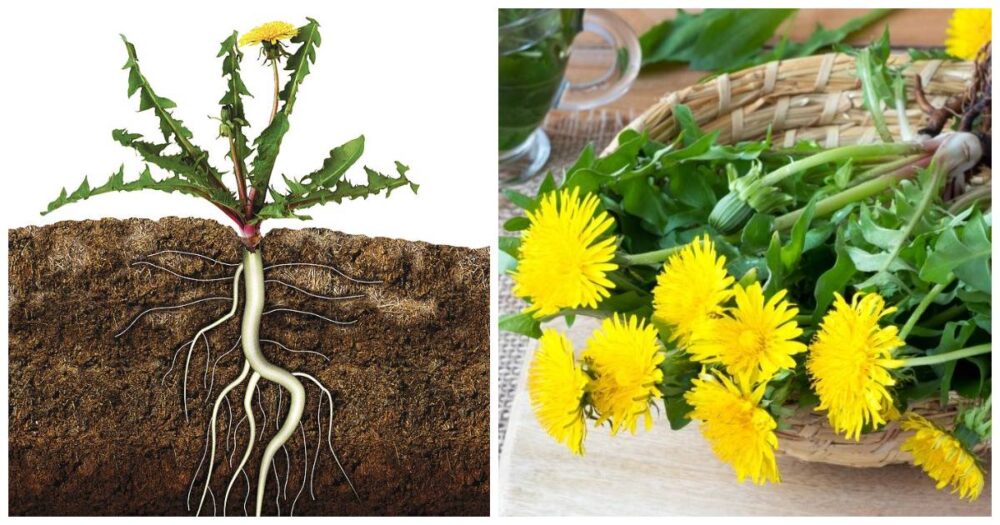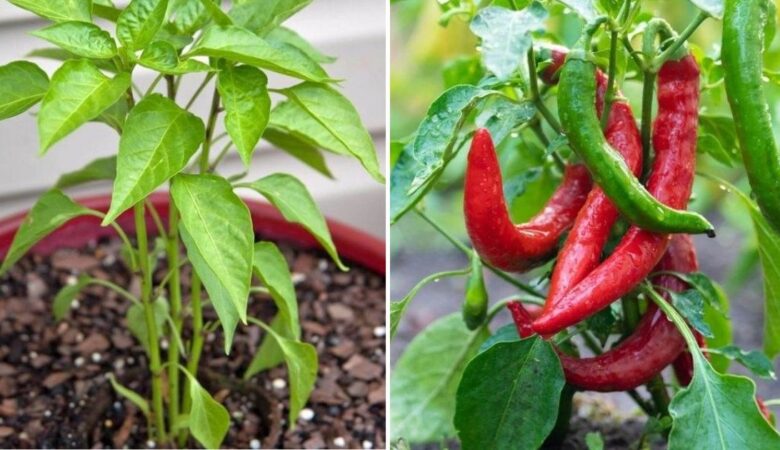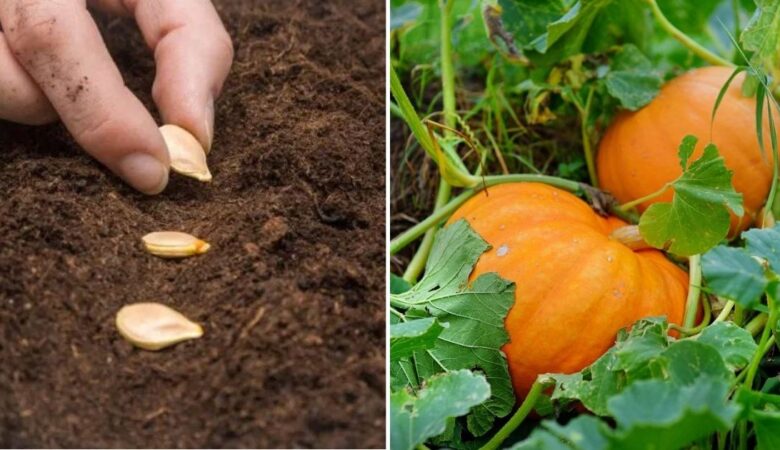Often deemed a pesky weed, the dandelion (Taraxacum officinale) is a marvel of nature that offers a bounty of benefits to both our gardens and our health. With its sunny yellow blooms and resilient spirit, the dandelion, though modest, is nothing short of extraordinary.
Keep scrolling down, and you will be surprised how this unassuming plant contributes to our gardens and well-being, proving that nature’s gifts come in all forms and sizes.

1. Dandelion Roots
Dandelion roots can extend up to a foot underground and break through compacted soil, improving aeration and promoting water infiltration. This means better drainage for your garden, reducing the risk of waterlogged roots.

Furthermore, these roots are a wellspring of inulin, a type of soluble fiber that serves as a natural soil conditioner, enhancing the availability of nutrients for other plants. The garden’s soil health is profoundly affected, with dandelion roots acting as underground engineers.

To support health, dandelion root can be made into tea to help balance blood sugar levels. Plus, its ability to stimulate digestion and promote a healthy gut means that your body enjoys an extra layer of support when dandelion makes its way onto your plate.
2. Dandelion Leaves

The tender, toothed leaves of the dandelion are a powerhouse of nutrition. Not only are they packed with vitamins and minerals like vitamins A, C, and K, as well as calcium and iron, but they also act as dynamic accumulators. That means dandelion leaves can draw up essential minerals from deep in the soil and make them available for other plants when they decompose. In the garden, they serve as nutrient-packed mulch or compost material, enhancing the overall soil quality.
See also 8 Clever Hacks To Use Baking Soda In The Garden

Plus, dandelion leaves can be harvested and used in salads, teas, and even as a potent diuretic. They support kidney and liver health, aiding in the detoxification process. Moreover, they may help control blood sugar levels, which is important for people with diabetes or prediabetes. Dandelion leaves contain inulin, a type of soluble fiber that slows down the absorption of sugar in the digestive tract and modulates the release of insulin, a hormone that regulates blood sugar levels.
3. Dandelion Flowers

Dandelion flowers act as a natural beacon, inviting essential pollinators to your garden’s party. Its cheerful yellow blooms of the dandelion aren’t just a delight for the eyes, they are also a banquet for pollinators. Bees and butterflies flock to these blossoms, ensuring robust pollination in your garden. This translates to healthier fruit and vegetable yields.
4. Dandelion Seeds

Dandelion seeds, famously carried away by the wind on their delicate parachutes, are nature’s way of reseeding and rejuvenating the landscape. This ability is a boon in the garden, as it leads to self-sustaining dandelion populations.
Last but not least, the dandelion is a testament to the treasures hidden in plain sight. With its roots, leaves, flowers, and seeds, it lends a multifaceted helping hand to both your garden and your health. Now, it’s time to embrace this sunny weed for all the beauty and benefits it brings to your life, whether in your outdoor oasis or on your plate.
[ad_2]






